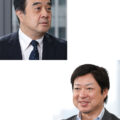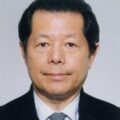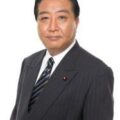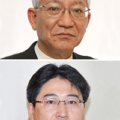Japan and the Republic of Korea Should Return to the 1965 and 1998 Agreements
Sasae Kenichiro, President and Director General of
the Japan Institute of International Affairs (JIIA)
Interviewer: Tawara Soichiro
Looking Back at the Past Agreement and Declaration
Tawara Soichiro: Japan and the Republic of Korea (ROK) are currently in serious conflict with each other. I therefore wish to direct this question to Mr. Sasae, who served as Director-General of the Asian and Oceania Affairs Bureau and Vice Minister for Foreign Affairs at the Ministry of Foreign Affairs (MOFA). What do you think of the current Japan-ROK relations and the relationship between Prime Minister Abe Shinzo and President Moon Jae-in?
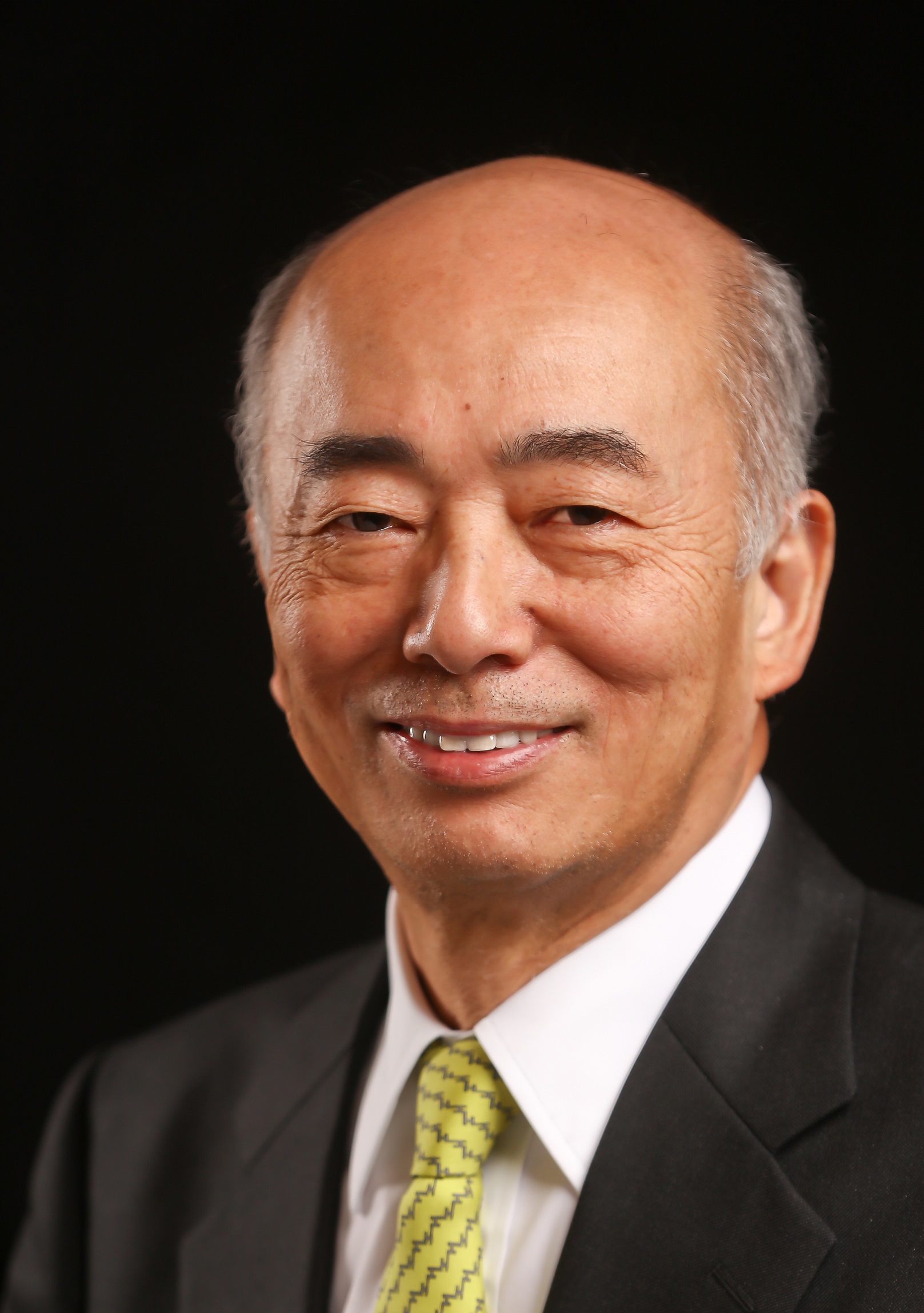
Sasae Kenichiro, President and Director General of the Japan Institute of International Affairs (JIIA)
Sasae Kenichiro: As you are aware, there have been a number of twists and turns in Japan-ROK relations. In particular, you need to understand that in the ROK, domestic affairs have an impact on the diplomacy between the two countries.
The left-leaning governments of the ROK began with the Kim Dae-jung Administration, which was followed by the Roh Moo-hyun Administration and the current Moon Administration. Initially, these governments placed emphasis on an engagement policy toward the Democratic People’s Republic of Korea (DPRK).
Secondly, the left-wing governments served as the antithesis of the conservative government, which tended to be more military in nature. After the normalization of relations between Japan and the Republic of Korea in 1965, conservative politics prevailed in the ROK for a long time, and the left-leaning governments have a negative view of the past decisions and historical perceptions. In these governments’ relations with Japan, they sometimes became agitated. In addition, since the left-leaning governments reflect public sentiment, the public and the policies of the governments tended to be influenced by these sentiments. In consideration of these backgrounds, I do not think that what is happening right now is anything new.
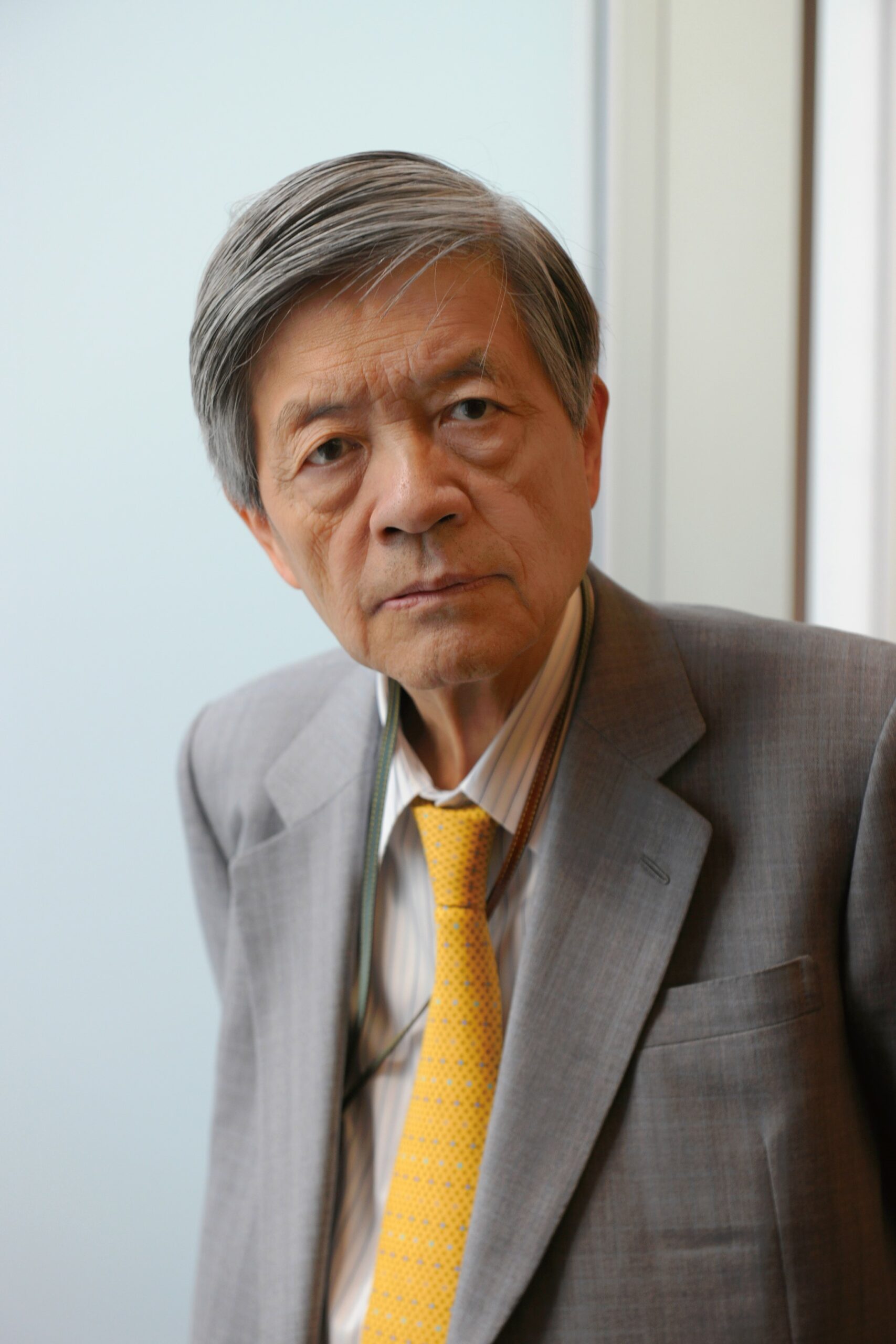
Tawara Soichiro, Journalist
Tawara: I think that the Japanese government’s response is wrong. The government argues that the meeting of Sato Eisaku and Park Chung-hee in 1965 and the conclusion of the Treaty on Basic Relations between Japan and the Republic of Korea (hereafter, the Basic Treaty) solved all the issues, which I think is incorrect. The most important incidents were the June 29 Declaration (Special Declaration for Grand National Harmony and Progress Towards a Great Nation) in 1987 and the joint declaration between Obuchi Keizo and Kim Dae-jung in 1998. In these two incidents, the two governments agreed to create new, equal Japan-ROK relations. At that time, you served as Director for the Northeast Asia Division of MOFA. Did you set up the meeting between Obuchi and Kim, Mr. Sasae?
Sasae: You said that the two governments did not reach a settlement with the Basic Treaty in 1965, but I believe that a legal settlement was reached.
Tawara: However, the ROK was poor at that time and needed Japan’s cooperation at any cost. Japan reached a complete and final settlement of the claim right issue between the two countries and the people of the two countries by providing the ROK with economic cooperation worth 500 million USD (300 million USD in grants and loans of up to 200 million USD), but the ROK had many things that it wanted to say. Since it needed Japan’s cooperation, however, it had no choice but to conclude the Basic Treaty.
Sasae: The ROK may consider that it made too many concessions, but “a deal was a deal” in terms of foreign diplomacy and from a legal standpoint. The moment it says that the Basic Treaty in the past was invalid because it was insufficient, the foundation would be destroyed.
Tawara: I therefore believe that the meeting between Obuchi and Kim was important. The two leaders announced the Japan–South Korea Joint Declaration: A New Japan-Korea Partnership towards the Twenty-first Century to draw a line and create new, equal proactive Japan-ROK relations, although there were many issues with Japan-ROK relations.
Sasae: That is correct for the 1998 meeting between Obuchi and Kim. Japan and Korea had numerous problems during the preceding Kim Young-sam Administration, including a history issue. President Kim and Prime Minister Obuchi had a meeting to end the dispute because it would be useless to repeat these problems. In fact, the ROK had a strong political will to work hand in hand with Japan.
Tawara: The ROK side still values it highly.
Sasae: Most of the actions that Japan and Korea were supposed to carry out from that time are described in the Joint Declaration. Therefore, going back to it is significant today.
Reconciliation for Japan and Korea to Move Forward
Tawara: Mr. Sasae, you must have been involved in the Joint Declaration to a considerable extent. What troubled you?
Sasae: I had difficulty with “wakai,” or “reconciliation” in English. It was not particularly difficult to decide on a basic policy for moving forward while shedding light equally on the past, present and future. However, how can you define the past in order to say that a settlement has been reached? In 1995, Prime Minister Murayama Tomiichi issued a statement in which the Japanese government presented its viewpoint on the colonial rule. In the past, the ROK demanded Japanese apologies many times, and Japan became exhausted. Therefore, it was our intention to make this declaration the final one to settle.
At that time, I paid attention to the concept of reconciliation that was worked out between black and white South Africans in the Republic of South Africa after long struggle when President Mandela took office. The concept of reconciliation did not exist between Japan and Korea at that time.
Tawara: It did not exist?
Sasae: No, it didn’t. Reconciliation is a concept in which both sides settle for something in order to move forward. I learned this concept of reconciliation in South Africa from the late Mrs. Ogata Sadako. It is not that Korea settled for reconciliation because Japan requested it, but that the ROK side accepted mutual forgiveness in order to move forward. Japan and Korea discussed this in the context of the spirit of the new era and reached a settlement.
Tawara: As a result, when former civilian workers from the Korean Peninsula triggered a lawsuit in 2005, during the period of the Roh Moo-hyun Administration, this issue was regarded as one that the ROK government should handle. Moon Jae-in was one of the staff of this administration and is sure to understand the process involved in the handling of this issue.
Sasae: That’s right. The requisitioned workers issue was regarded as an issue that the ROK side should handle, and the ROK government provided compensation to a significant number of people in ROK. However, when Moon Jae-in took office as President in 2017, the Supreme Court of Korea handed down a sentence in 2018 that was totally different from those before, in which the individual claim right for compensation among the former civilian workers from the Korean Peninsula is not extinguished. The ROK government argued that this was the decision of the Supreme Court and that it could not do anything about it. This has made the story unacceptable.
Tawara: Moon Jae-in should be aware of the background in 2005. I therefore believe that the cause of this conflict is the deterioration of the ROK economy. In the latter half of the Park Geun-hye Administration, the country’s economy worsened. The high unemployment rate resulted naturally in the lower approval rate of the government. Accordingly, Moon Jae-in totally rejected the Japan-ROK agreement on the comfort women issue during the Park Administration, which did not lead to a higher approval rate. I believe that his government then thought of raising the requisitioned workers issue.
Sasae: On government thinking, simply we have to ask Mr. Moon. However, not only the current ROK government but also other past successive governments often followed that pattern of actions.
Tawara: Lead the public to feelings of victimization in order to raise the approval rate through a conflict with Japan.
Sasae: There are many critics who see it that way. Currently, the ROK does not see any certain prospects on the negotiation with DPRK. The economy is slumping, and a scandal has been revealed. What should they do? It is true that in the ROK, the approval rate tends to improve when the government changes gear to an anti-Japanese mode.
Export Control Issue and Breach of GSOMIA
Tawara: There is something I want to know. Japan became angry with the ROK’s response and removed the ROK from the white list of a preferential trading partner of export control, the so-called “white listed countries.” The Japan side said that it is not retaliation, but if the requisitioned workers issue did not exist, it would not have done this. I think that when the ROK is having difficulty with its economy, this severe measure would put considerable pressure on Moon Jae-in.
Sasae: The ROK’s response to the requisitioned workers issue was certain to shake the fundamental basis of the two countries’ relations.
However, the subsequent Japanese export control actions were not meant to restrict or prohibit the export of semiconductor and other products in immediate terms. They were designed to strengthen technical export control procedures.[i] In fact, supply will not be halted soon, and it may take longer to complete the procedures from now on, but products will be supplied as usual. The problem is that the ROK side agitated the public, saying that this is political retaliation, not just an issue regarding export control.
Tawara: Yet, Chief Cabinet Secretary Suga Yoshihide and then-Minister of Economy, Trade and Industry Seko Hiroshige commented at their first press conferences that this was not retaliation, while suggesting that it was only provoked by the ROK side. If it is a technical problem regarding export control, they should have reported it that way.
Sasae: I agree with that, but the catch-all controls in the export control mechanism are set to prevent the diversion of exported items into the manufacture of weapons of mass destruction, and countries that comply with the rules are listed as white-listed countries. The ROK exported items that it had imported from Japan to a third country, which was concerned. Japan informed the ROK’s export administration office of its concerns, but it did not respond sufficiently. As a result, the ROK was removed from the white list. As a result, if the ROK side improves each of the issues that Japan raised, the ROK will obtain white list country status again.
Tawara: The ROK decided to breach the General Security of Military Information Agreement (GSOMIA). This is unbelievable. The US became angry at the ROK, saying, “What on earth are you doing?”
Sasae: The US and ROK are allied nations in a certain scape, and Japan and the US are also allied nations, so the US and Japan think that this is too much. In that sense, we do not understand how much the ROK thought through the impact of their decision. It is true that it is a regression in terms of Japan-US-ROK security cooperation.
The Japan-US-ROK provision of military information has been implemented between the US and Japan, and the US and Korea, with the US at the center. With GSOMIA, Japan and Korea are to exchange their intelligence bilaterally without rerouting to the US. However, if you see this breach of GSOMIA in a more objective manner, this is simply returning to the original situation where the information was exchanged through the US. So, practically speaking, this does not lead Japan to be totally behind on the Korean situation.
Tawara: I think that Moon Jae-in is only considering the general election next year. If he wins, it will be OK, but the ROK is a country where even the President may be arrested. Park Geun-hye was. As a result, he needs to win it no matter what. In the first place, the breach of GSOMIA is not really welcomed in the ROK. I heard from an informed source that Moon Jae-in’s current approval rate is actually 50%. Half of the public do not think that the Moon Administration will be able to remain in power.
Sasae: I don’t know much about that, but I imagine that there are many Korean people who do not openly disagree with the ROK government’s decision, but who think that they should respond to Japan more moderately. However, Japan should not intervene in the ROK’s domestic affairs and back either the supporters or non-supporters of the current administration. This is the decision that the public in the ROK should make.
Tawara: That is true. What do you think Japan should do, Mr. Sasae?
Sasae: Needless to say, Japan and Korea should have a broad dialogue at the different levels of officials, ministers and politicians. Depending on the circumstances, Prime Minister Abe may have an opportunity to have a meeting with President Moon. With such a possible meeting in mind, Japan and Korea should think calmly about what a better way is, not about who requested it first.
However, the argument put forward by some people that if the ROK side returns to GSOMIA again, Japan will put back the export control as it was before, does not lead to a solution. The requisitioned workers’ issue was the starting point, so unless it is solved, the issues of GSOMIA and export control will not be solved. On the other hand, if the requisitioned workers issue is solved, it will not be as difficult to solve the other issues.
Tawara: However, that will be impossible with the current Moon Jae-in Administration. They must be under a great deal of pressure with the economy slumping seriously and the general election slated for next year.
Sasae: You say that, Mr. Tawara, but I do not believe that it is impossible. It is important for Japan to encourage the ROK government’s efforts.
Supreme Court of Korea Overrides Decision
Tawara: On August 6, I spoke with Nikai Toshihiro, Secretary General of the Liberal Democratic Party (LDP). He said that the Japanese government has a conflict with the ROK, but that the LDP is different. In the past, when the government had a conflict with the ROK, the LDP proactively held a dialogue with the ROK. I told him that now was the time for the LDP to talk with the ROK. I told him that he was the only one who could do it, and in fact, he did so earlier.
Sasae: Japan and Korea had many types of dialogues and interchanges at the level of politicians. The politicians not only said what they wanted to say to each other, but also had numerous dialogues in order to find a solution.
Tawara: That is important. Even when the two countries are in conflict, each politician should make efforts behind the scenes in order not to aggravate relations.
Sasae: In 1998, around the time when the Joint Declaration was announced, a public opinion survey was undertaken in ROK, in which as few as 2% to 3% responded that they liked Japan. Even in this very strained atmosphere, however, President Kim made a decision to move forward. When a major breakthrough was made, the public followed it. Japan-ROK relations then advanced in the right direction, and the Korean boom in Japan caused a positive cycle. However, they once again dredged up the issue and created an emotionally difficult situation. This is truly regrettable.
Tawara: Mr. Sasae, are there any proposals that you, having planned the meeting between Obuchi and Kim, would make now?
Sasae: The government is currently addressing the situation seriously, but unless the ROK government works based upon our governing a basic agreement, progress will be difficult. There are some people in the ROK government who are making efforts, like Prime Minister Lee Nak-yeon.
Tawara: Moon Jae-in will never improve the situation, right?
Sasae: I am not in a government position to negotiate, but the ROK should return to the diplomatic normalization agreement of 1965. In Japan, we should not think that we have nothing to do with this Korean lawsuit, and we could think whether there is any way that we can sympathize with their feelings.
Tawara: I have visited the ROK many times and found that people in the ROK accept the Joint Declaration in 1998 positively as subjective. However, they think that in 1965, the ROK was not able to say what it wanted to due to poverty.
Sasae: I see. In 1998, many people in Japan said that they did not need to apologize any longer, but Japan apologized once again. The ROK confirmed Japan’s stance and accepted it, saying that the spirit of the new age requires us to reconcile and move forward. This time therefore, the ROK side is the one that takes a decisive step by confirming such a basic principle.
Tawara: I believe that Japan must take further steps to help the ROK side to make a bold political decision.
Sasae: However, the legal framework must not be destroyed. On the other hand, I believe that there are some ways to sympathize with the feelings of those who filed a lawsuit.
Tawara: Why on earth did the Supreme Court of Korea override the requisitioned workers issue, which had been settled in 2005, in 2018?
Sasae: I do not know why. The 2018 sentence handed down by the Supreme Court of Korea concluded that an individual claim right to Japanese companies in the requisitioned workers issue is not extinguished, or that the argument that colonial domination itself was illegal is reasonable. However, did they think that they wanted to override the binding legal foundation? I do not know whether the Supreme Court of Korea reached this conclusion after carefully examining the political or diplomatic consequence of their decision, but when I looked into the conclusions reached by each judge, a few of them reached the same conclusion as Japan did.
Tawara: In the ROK, the former President Park Geun-hye was impeached in 2016, and immediately after she resigned, she was arrested and sentenced to 25 years in prison. The reason was that she forced investment in the foundation founded by her friend, Choi Soon-sil, and that she helped her daughter through college admissions fraud. It was unclear to what extent she was involved, and 25 years in prison is too heavy for those wrongdoings.
Sasae: In the ROK, four former presidents have been arrested.
Tawara: Roh Moo-hyun, the president for whom Moon Jae-in worked, was driven to suicide after he was questioned on suspicion of accepting bribes.
Sasae: This is a difficult issue because the former president is subject to the judgment of the following administration with a different political position.
Recovering Good Japan-ROK Relations
Tawara: Once again, what should be done to heal troubled Japan-ROK relations?
Sasae: We should return to the starting point. We should look back at the agreements reached in 1965 when Japan and Korea normalized their diplomatic relations, or in 1998. I do not think that all of the agreements at those times are still to be realized. The Joint Declaration in 1998, made by the two governments, also stated that merely announcing such a declaration would not lead to its realization, but the interchange and efforts of the people of the two countries would be essential to that.
Tawara: In the first place, since the Roh Moo-hyun Administration approved it, should the Moon Jae-in Administration follow it?
Sasae: It is easy for Japan to point out that the ROK has not done what it was supposed to do. Rather than that, however, it is more important for Japan to send a political message that if the ROK side patiently moves forward amid such a difficulty, Japan is also ready to respond to it. The outcome would be no good if the Japanese side took a leave-it-alone attitude because relations have become so bad.
Tawara: What you said just now is important. Efforts behind the scenes should be required.
Sasae: The ROK side also has feelings as we do, and the two countries should make efforts not to rub each other the wrong way. In recent years, the ROK often made people in Japan very angry. It is against the background that people in Japan feel little sympathy for the ROK, but the Japanese side needs to have a bit of a broader perspective in order to improve the relations.
Tawara: A sense of self-composure depends on the economic conditions. Why is the ROK economy suffering?
Sasae: Business people in the ROK often say that conglomerates dominate the ROK economy. Do conglomerates have a positive or negative impact?
Tawara: Conglomerates have dominated the economy in the ROK for a long time. Won’t they dissolve these conglomerates?
Sasae: The economy of a country cannot grow without the growth of large companies, so I do not think that their dissolution would be an appropriate solution. The Moon Administration is currently focusing on a redistribution policy including raising the minimum wage, and other microeconomic measures. As a left-leaning government, it might be appropriate to take bottom-up measures, but considering the current conditions of the ROK economy, it would also be better to take measures to promote the growth of the economy a little further. I believe that the positive economic cycle will not be secured unless an income redistribution policy is implemented together with a growth policy.
In addition, ROK trade depends more heavily on China. However, even when the economic growth of China has become sluggish, as it is now, the ROK is also significantly affected. Accordingly, relations with Japan should be good. With respect to security relations, the two countries have moved forward through GSOMIA. If the cancellation should be carried through, DPRK and China would benefit. It is not a wise idea. People in Korea may be in high spirits, but negative impacts could also be far reaching.
Tawara: Nothing good will be gained by Korea from a conflict with Japan.
Sasae: That’s right. Mr. Kim Dae-jung was in high school during the Japanese colonial period and learned from a Japanese teacher. This teacher was well respected. Mrs. Kim’s teacher in high school was also a good Japanese teacher. Mr. Kim visited the teacher when he came to Japan as the Korean President. These kinds of individual experiences are significant in building good relations between the countries, despite the history of colonial rule. Individual experience can be gained only through interaction.
The governments or people grow apart when interactions become weaker, and they speak sharply to each other. This would be welcomed by the DPRK, China and Russia. This is a strategic mistake, and we need to avoid this. How do we get ROK’s understanding and cooperation while keeping our principled position? This is a very big challenge.
Tawara: Interactions are significant for governments and in the private sector. Thank you very much for today.
Translated from “Tokushu ‘Kankoku toiu Nandai’—Sasae moto-jikan ni Tawara Soichiro ga semaru / Kojireta Nikokukan-kankei no dakaisaku wa? — Nikkan wa 1965nen, 98nen no torikime ni tachikaere (Nikkan yushutsu kanri mondai, naniga kojireru genkyoka? (Special feature ‘The ROK Problem’—Tawara Soichiro Presses Former Deputy Minister for Foreign Affairs, Mr. Sasae / What Breakthrough Would Help Ease the Troubled Relations Between Japan and Korea? —Japan and the Republic of Korea Should Return to the 1965 and 1998 Agreements),” Chuokoron, November 2019, pp. 86-94. (Courtesy of Chuo Koron Shinsha) [December 2019]
Keywords
- Sasae Kenichiro
- Japan Institute of International Affairs
- Tawara Soichiro
- Republic of Korea
- South Korea
- Japan-ROK relations
- Treaty on Basic Relations
- Joint Declaration 1998
- Reconciliation
- Requisitioned workers
- Export control
- General Security of Military Information Agreement (GSOMIA)
